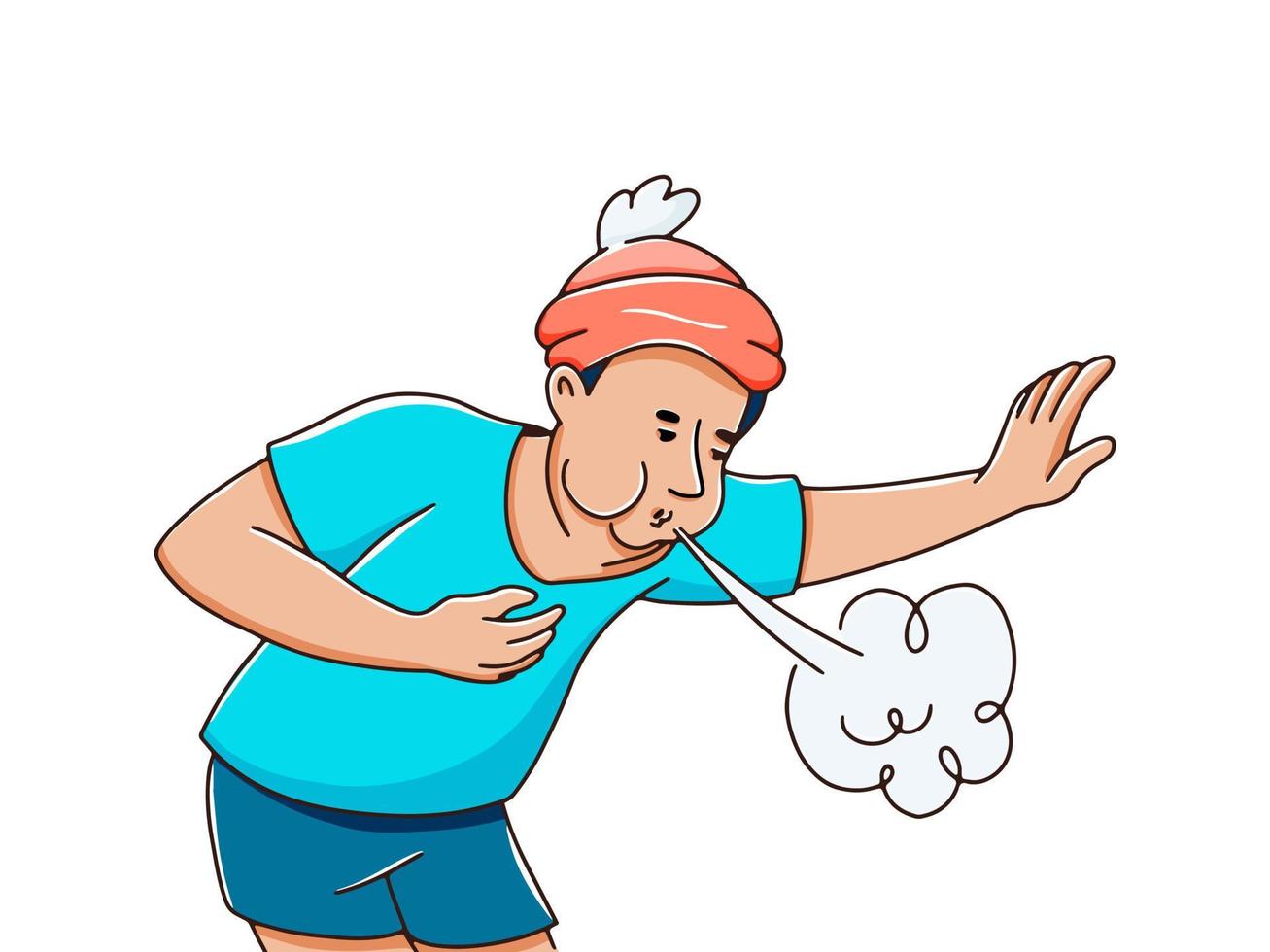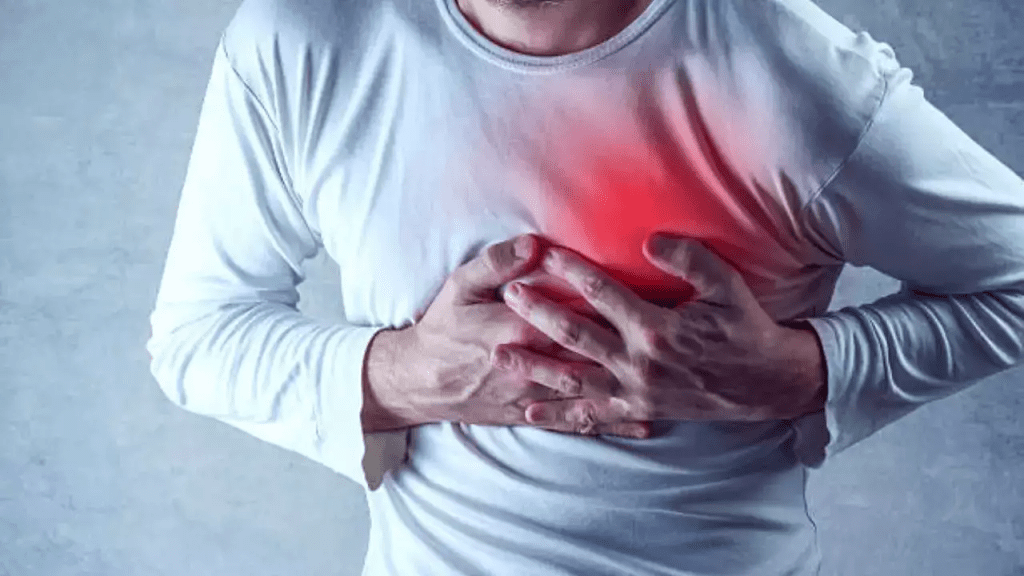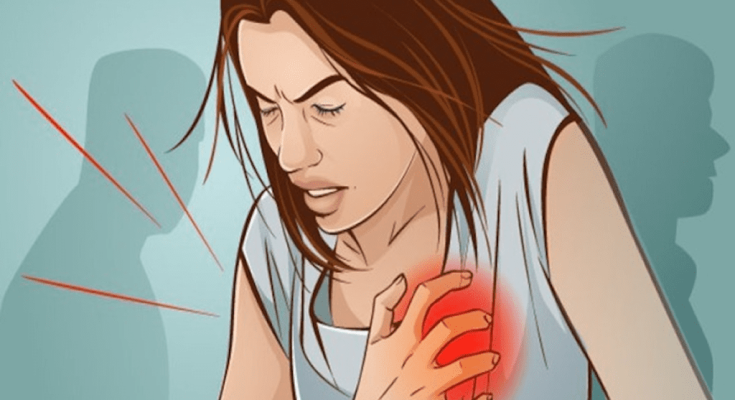Heart attacks often strike without warning, leaving devastating effects in their wake. However, what many people don’t realize is that the body usually sends distress signals weeks, or even months, in advance. Recognizing these early warning signs can be life-saving. Below, we delve into six critical symptoms that might signal an impending heart attack.
1. Dizziness: A Warning From Your Brain
Feeling lightheaded or dizzy is not something to ignore, especially if it occurs frequently. While occasional dizziness might stem from dehydration or fatigue, persistent episodes could indicate poor blood circulation. When the heart struggles to pump blood efficiently, the brain receives less oxygen, triggering dizziness as a distress signal.
If you notice frequent dizziness without a clear cause, it’s essential to seek medical attention promptly.
2. Chest Pain or Pressure: The Classic Red Flag
Chest pain is one of the most recognizable symptoms of heart trouble. It often manifests as a sharp, squeezing pain or persistent pressure in the chest. These episodes may last for several minutes and can intensify over time.
This discomfort isn’t something to brush off as indigestion or stress. Recurrent chest pain, especially when combined with other symptoms, warrants an immediate visit to your doctor.
3. Frequent Illness: An Overwhelmed Immune System
Do you find yourself catching colds or flu-like symptoms more often than usual? This might seem unrelated to your heart, but a struggling immune system can be an indirect sign of heart issues.
When the heart isn’t functioning optimally, the body diverts energy to essential organs, leaving the immune system weakened. If recurring illnesses are accompanied by other symptoms like fatigue or shortness of breath, it’s time to investigate further.
4. Fatigue or Persistent Sleepiness: A Silent Energy Drain
It’s normal to feel tired after a long day, but unexplained exhaustion that lingers even after a full night’s sleep is cause for concern. Persistent fatigue can signal reduced blood flow to vital organs due to blocked arteries.
Think of it this way: your heart is like a pump. If it’s struggling to circulate blood effectively, your body starts conserving energy, leaving you feeling drained. If fatigue becomes a constant companion, don’t ignore it—it could be your heart calling for help.
5. Shortness of Breath: A Struggle to Keep Up

Becoming winded after minimal effort is another red flag. Shortness of breath occurs when the heart can’t pump enough oxygen-rich blood to meet the body’s needs.
Imagine running a marathon without training—that’s how your heart feels when it’s overworked. If you experience labored breathing, especially during routine activities like climbing stairs or walking short distances, take note. Sudden, worsening breathlessness is a clear signal to consult a healthcare professional.
6. Abnormal Sweating: Cold Sweats and Night Perspiration
Unexplained sweating, particularly cold sweats, can be an alarming sign of heart trouble. This occurs when the heart exerts extra effort to pump blood through narrowed or blocked arteries, raising your body temperature.
Waking up drenched in sweat or experiencing excessive perspiration during the day, without physical exertion or heat, should never be ignored. Your body is working overtime to compensate for an ailing heart.
Taking Action: Early Detection Saves Lives

Recognizing these symptoms is only the first step. Acting on them can significantly reduce your risk of a heart attack. If you experience any of these signs, don’t delay—seek medical advice immediately.
Lifestyle changes also play a vital role in heart health. Regular exercise, a balanced diet, and stress management can help keep your cardiovascular system in check. Think of your heart as the engine of your body—it requires proper maintenance to function efficiently.
Conclusion
Your body is an incredible communicator, often alerting you to problems well in advance. Dizziness, chest pain, frequent illness, persistent fatigue, shortness of breath, and abnormal sweating are six warning signs you should never overlook.
By paying attention to these symptoms and taking proactive measures, you can prevent heart attacks and ensure a healthier, longer life. Remember, prevention is always better than cure, and your heart deserves all the care you can give it.
